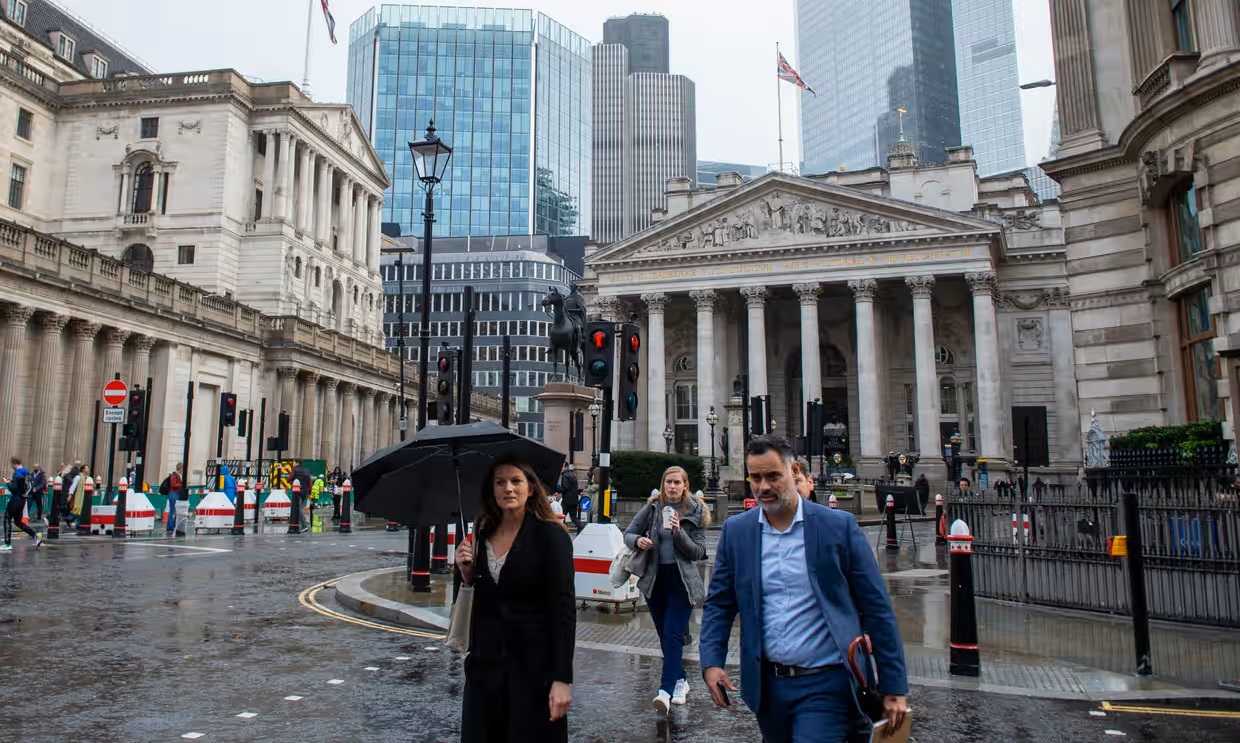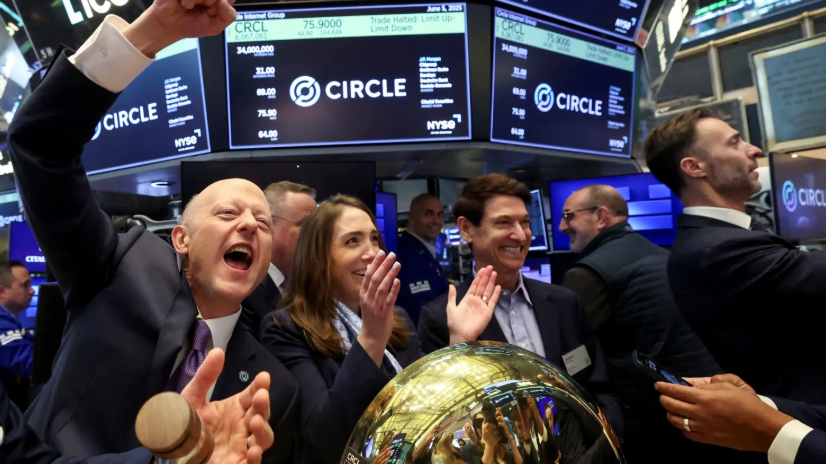Brexit has hit UK’s economic openness, says Bank of England governor
Andrew Bailey says free trade demands greater international cooperation on financial rule-making
The governor of the Bank of England has called for greater cooperation on financial rule-making, warning that Brexit has affected the “openness of the UK economy”.
In an apparent swipe at those calling for the UK to develop a separate rulebook for banking and insurance activities, Andrew Bailey said free trade needed strong regulation based on agreements with foreign watchdogs.
Speaking in Dublin at a financial services conference organised by the Irish central bank, he argued against trade protectionism and regulatory fragmentation.
“As a public official, I take no position on Brexit per se,” Bailey said. “That was a decision for the people of the UK.”
However, he added: “It has led to a reduction in the openness of the UK economy, though over time new trading relationships around the world should, and I expect will, be established. Of course, that requires a commitment to openness and free trade.”
Bailey said he hoped to see further close regulatory cooperation with his Irish counterparts to minimise the fragmentation of financial markets after Brexit.
The governor is known to be concerned that a series of panics in financial markets since the COVID-19 pandemic was declared in early 2020 have required strong central bank intervention.
He said financial investments known as money market funds, which lubricate buying and selling in short-term securities, were especially vulnerable and needed to be overseen by more robust international agreements.
In answer to questions about the health of the UK economy, Bailey said he was “optimistic” that inflation would fall back to the Bank’s 2% target within two years, but that interest rates, now at a 15-year high of 5.25%, would most likely need to stay elevated for longer to make that happen.
“Policy is going to have to be restrictive for an extended period to see the second half out, which is where policy is going to have to do the work to bring inflation back to target, and I believe it’s going to happen,” he told the Dublin conference.
“Our forecast suggests we will be back at the target in around the two-year horizon. I’m optimistic. I think it will happen but I’m afraid we’ve got to continue doing the work to make it happen.”
On Monday, the Bank’s chief economist, Huw Pill, said the central bank might wait until the middle of next year before cutting interest rates from their current 15-year high, adding that he was concerned about high borrowing costs plunging the economy into a recession.
Pill said pricing in financial markets – which now points to a first rate cut to the bank rate in August 2024 – “doesn’t seem totally unreasonable, at least to me”.
“It is at that point you might consider or reassess, if nothing new has happened, where we are going to have to be,” Pill said during an online presentation organised by the Bank. “But, of course, it is very unlikely that nothing will change over that nine-month period.”
At a meeting last week, Bank policymakers held interest rates at 5.25% and stated that it was not thinking about cutting the cost of borrowing anytime soon as it continued to bear down on rising prices. Inflation stood at 6.7% in September, lower than a peak of 11.1% in October 2022 but still more than three times its 2% target. Reports The Guardian
Photograph: Thomas Krych





